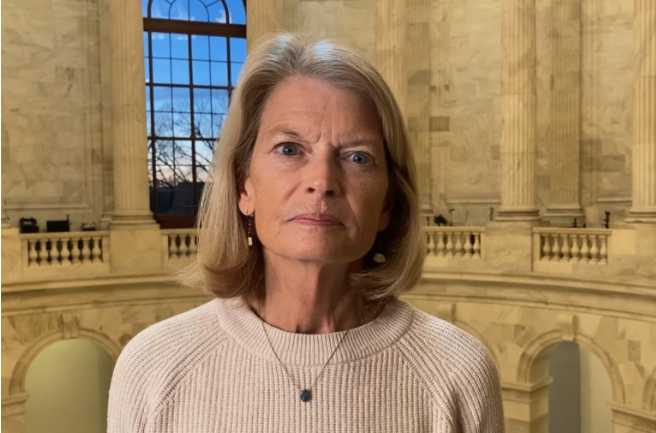Washington, DC – Legislation to reauthorize the Denali Commission, which for nearly a generation has worked to improve living conditions and quality of life in rural Alaska, was introduced Friday by Alaska’s congressional delegation. Senators Mark Begich and Lisa Murkowski filed legislation in the Senate while Congressman Don Young offered the companion bill in the House of Representatives.
The bill is designed to improve the function and effectiveness of the Denali Commission and overcome some of the limitations of the Commission’s enabling statute. The bill would establish a budget committee for the Commission, address Commissioner conflict of interest concerns, and repeal unnecessary language from the original law. The bill also authorizes the funds necessary to carry out the Commission’s mission.
The reauthorization bill would complement language included by the Alaska delegation in the recently passed MAP-21 surface transportation bill, which allows the Commission to accept funding from other federal agencies as well as non-federal partners such as the State of Alaska.
|
|
Since it was created 14 years ago, the Denali Commission has successfully partnered with federal, state and local stakeholders to fund hundreds of projects and programs in some of Alaska’s most remote communities. These include health clinics, community streets, barge landings, bulk fuel storage facilities, small boat harbors and renewable energy projects. The delegation has been working on a reauthorization bill the past two years.
Rural Alaska has three key needs: health, energy and infrastructure — and the Denali Commission has been responsible for improvements in those areas since 1998,” said Murkowski. “I’m proud this bill continues these core missions while providing greater flexibility for commissioners to participate in the decision-making process. Not only has the Denali Commission built roads in rural Alaska, they’ve been responsible for roads to better health and roads to a brighter, warmer future. I hope that the opportunities created through new funding channels from the State and other federal agencies strengthens its work and creates the results that rural Alaskans need and deserve.”
“The Denali Commission has been very effective in improving the health and economic development of rural Alaska. This legislation will enhance the function and the effectiveness of the Commission while allowing a continued focus on infrastructure development in rural Alaska,” Begich said. “I know the delegation is united in our support of the Denali Commission and we look forward to working with federal agencies, the State of Alaska, the Denali Commissioners, and other Alaskan stakeholders to ensure the Commission continues its important mission of improving life in rural Alaska.”
“The Denali Commission plays a crucial role in the lives of Alaskans – especially those living in rural Alaska,” said Rep. Young. “Across rural Alaska, whether by improving infrastructure or building healthcare facilities, countless lives have been touched by the Denali Commission. We have made great strides in the last fourteen years, but there is still work to be done – and this reauthorization will build upon the work that has already been done.”
|
|
“The delegation is unified in our hope that the attached changes will address the concerns of federal oversight agencies, strengthen the Commission and allow it to continue improving rural Alaska for decades to come. The delegation appreciates the support and input of the Commissioners in this process.”
Introduced by Congress in 1998, the Denali Commission is an independent federal agency designed to provide critical utilities, infrastructure, and economic support throughout Alaska. With the creation of the Denali Commission, Congress acknowledged the need for increased inter-agency cooperation and focus on Alaska’s remote communities. Since its first meeting in April 1999, the Commission is credited with providing numerous cost-shared infrastructure projects across the State that exemplify effective and efficient partnership between federal and state agencies, and the private sector.






